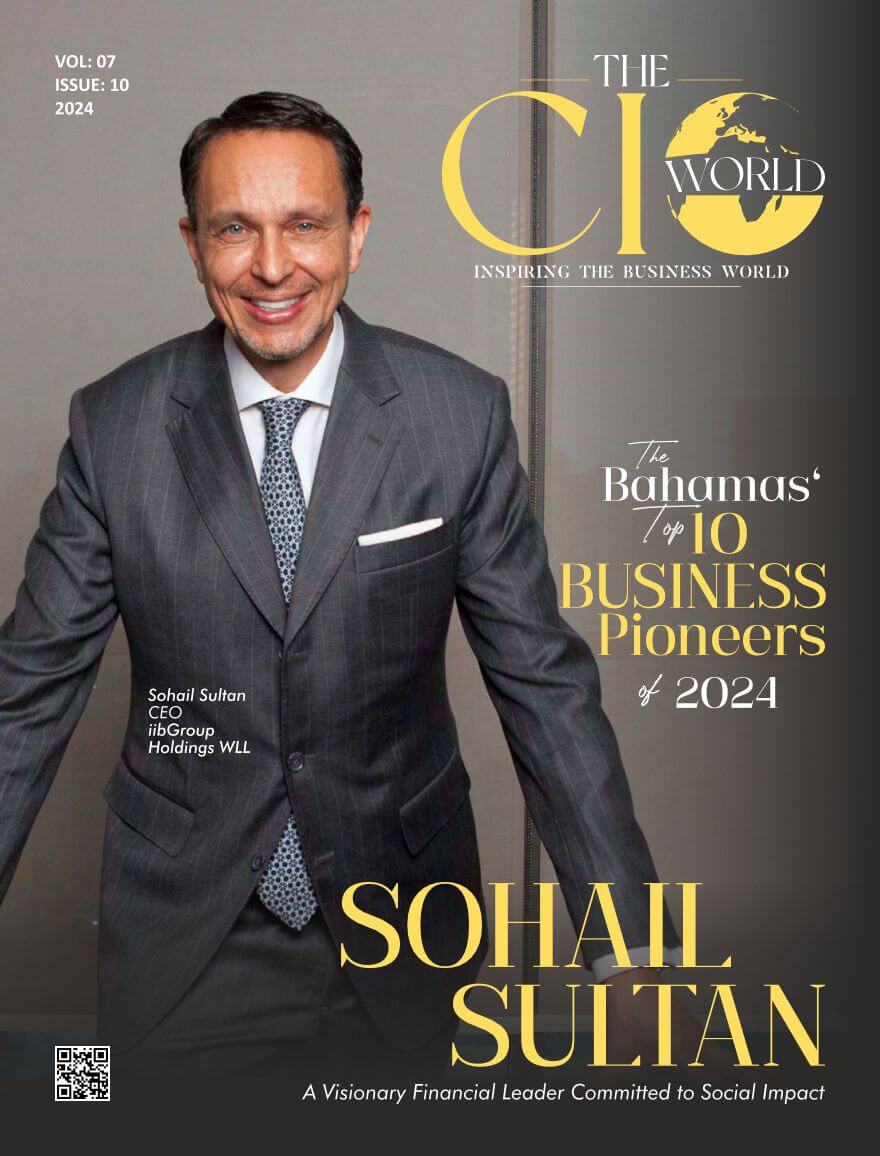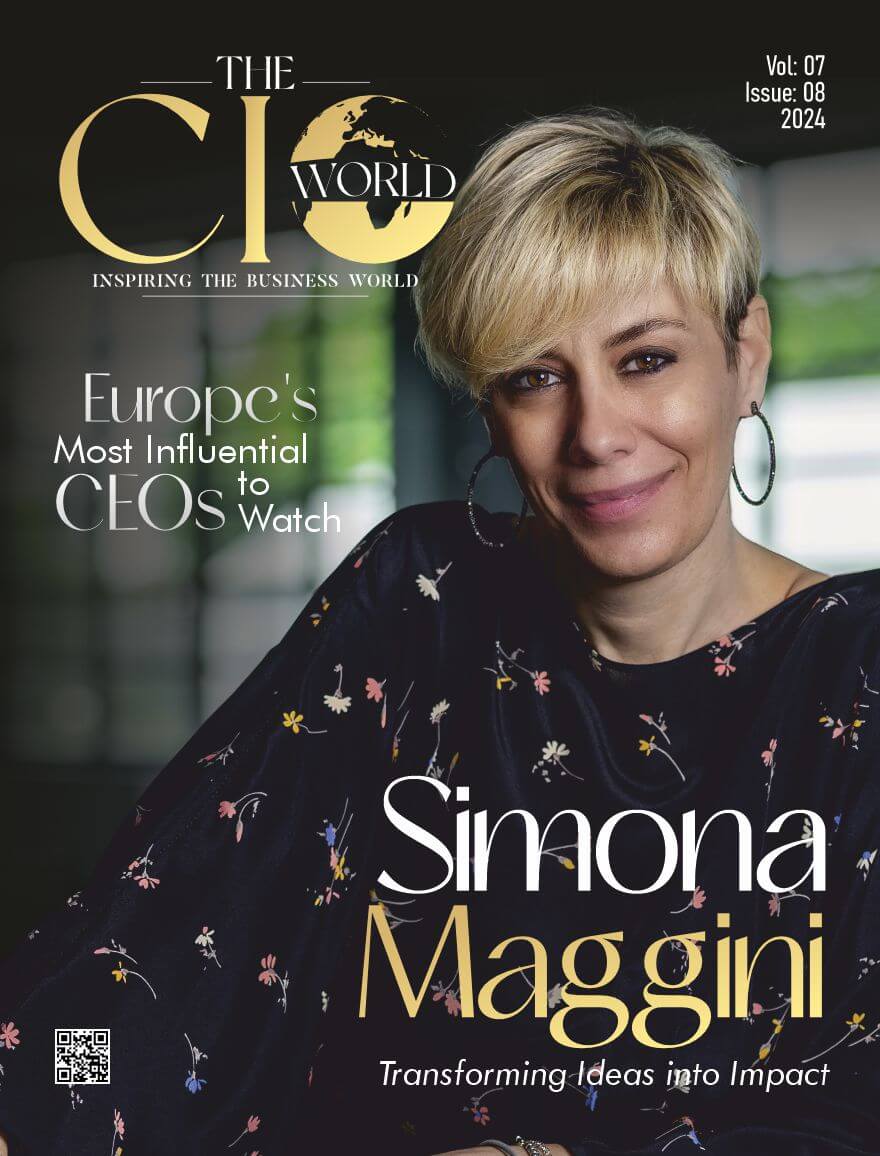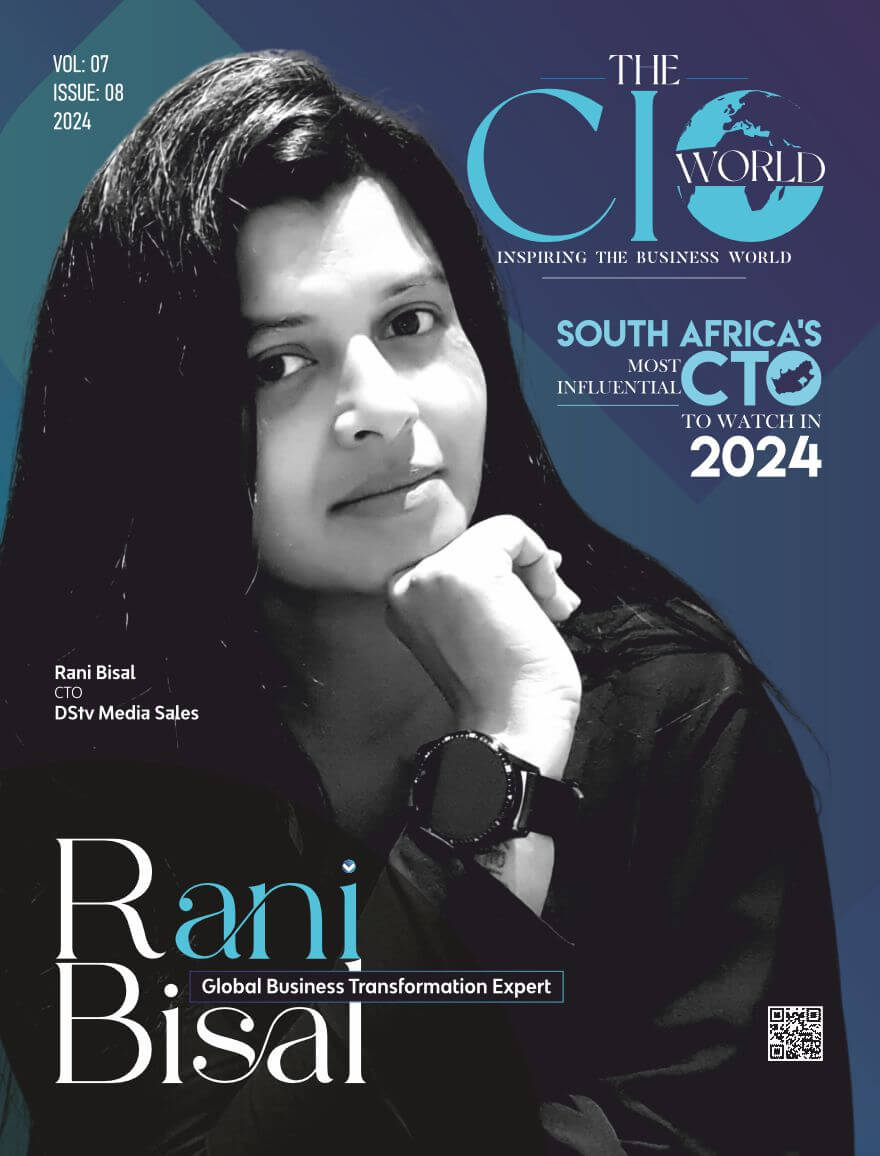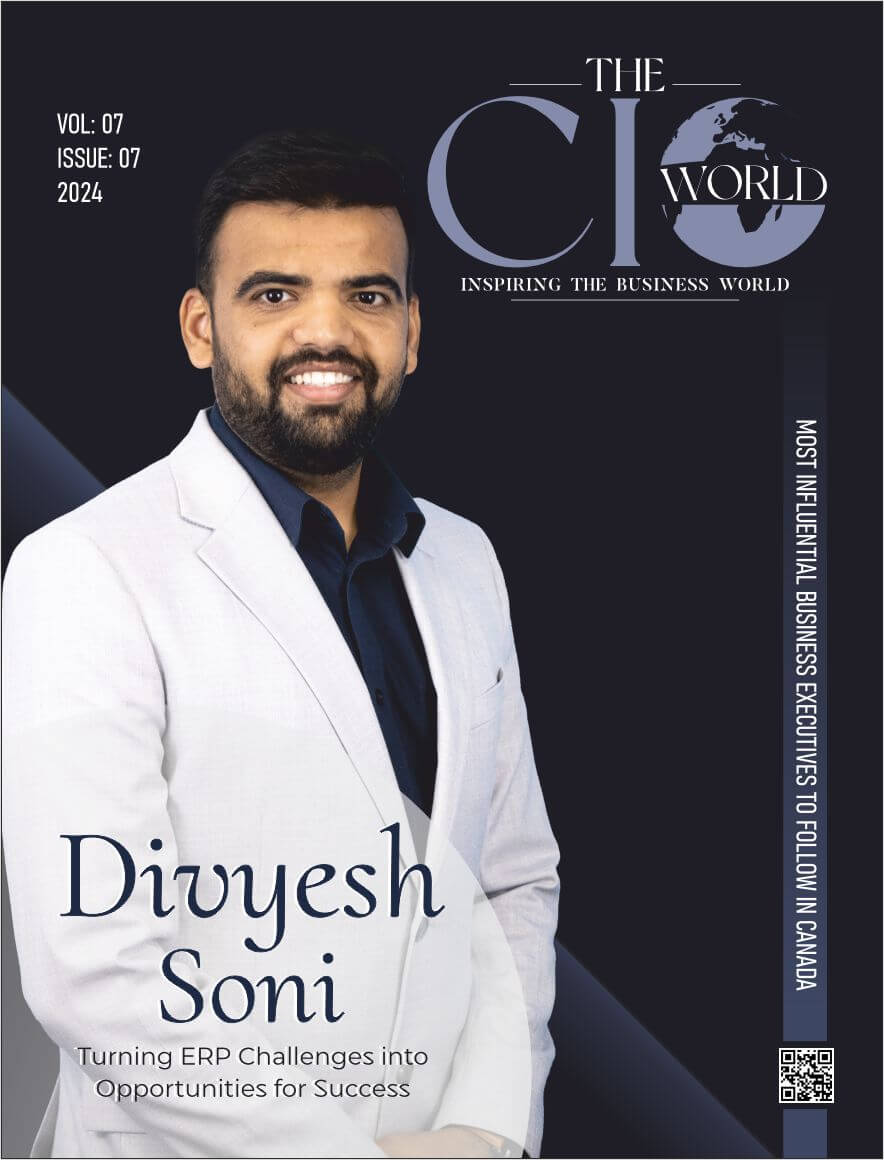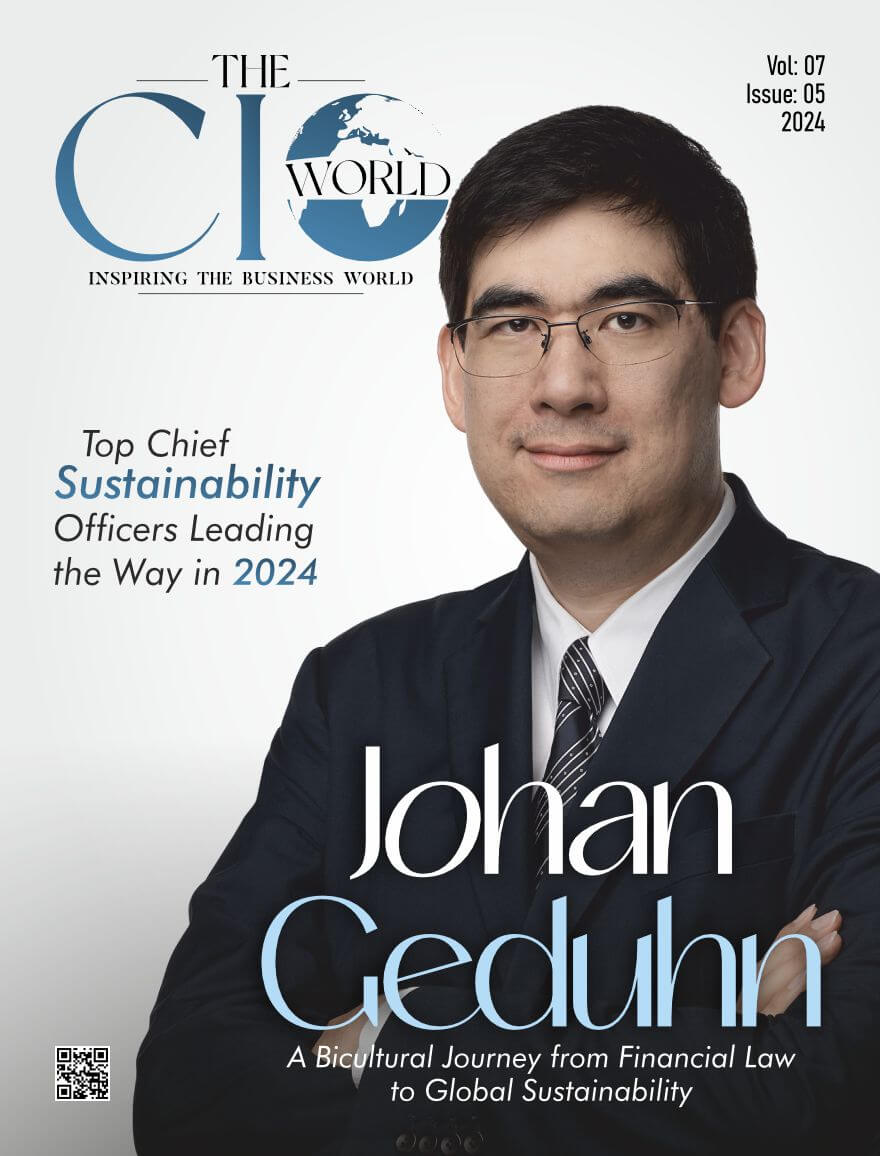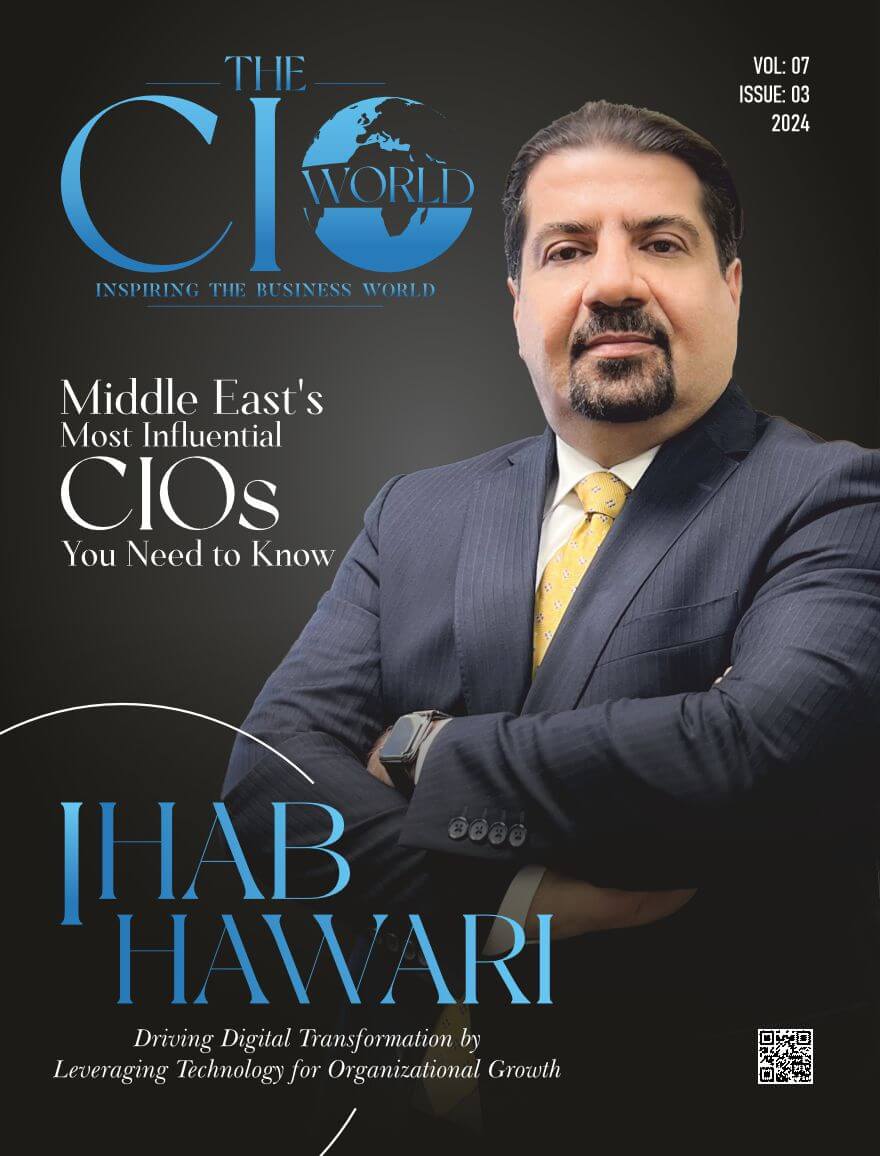Escaping the Matrix, Defying the System, and Redefining Success!
The traditional 9-5 job can be fulfilling. You spend long hours working, meeting deadlines, staying up-to-date with certifications, and attending endless meetings. Although this routine may seem satisfactory, have you considered something? In the midst of dedicating yourself to these long hours, you may find that you have stopped living for your own dreams. You become so accustomed to your role as an employee that you neglect your own ambitions. Now, there is nothing wrong with being an employee; you have undoubtedly worked hard to get there. However, settling into comfort and neglecting personal growth beyond your 9-to-5 job is not the path a rebellious spirit would choose.
In a world where conformity often seems to be the norm, there are those who refuse to stay within the lines, those who pursue a life outside the box. Meet the rebel, Mohammed Ghassan Zekrallah, Co-Founder and CTO at Cura, whose insatiable hunger for freedom and financial independence ignited a transformational journey. This is the story of an individual who dared to break free from the constraints of a salaried life and rewrite the script of their own destiny.
Life, for many, can often feel like a puzzle where we’re expected to fit into predetermined spaces. But for him, existence was synonymous with resisting the status quo. A nagging feeling of being enslaved to a life that lacked fulfillment served as a constant reminder that a different path must be carved. Compounded by the weight of financial stress and the responsibility of caring for beloved parents as the sole provider, his heart longed to offer a better quality of life, especially during their golden years.
Around the fourth year of his career as successful software engineers, his desire to “escape the matrix” began to consume his thoughts. The yearning for financial freedom and the pursuit of assets outside the confines of a salaried employee’s existence grew stronger with each passing day. As the idea took root, it evolved into something akin to the inception of a powerful concept—an idea that could define or destroy one’s life. Zekrallah saw the virus of this idea spread within, creating a defining moment.
The journey of Zekrallah, from the confines of a corporate cubicle to the world of entrepreneurship, represents a testament to the resilience of the human spirit. It is a story of breaking free from the mold, refusing to be defined by societal expectations, and embarking on a journey to financial independence.
Below are the highlights of the interview:
Could you please tell about yourself and what motivated you to embark on this sector?
Convinced by the financial independence beliefs mentioned above, I started talking a lot about my interest in launching a startup with friends and acquaintances, and I indulged in startup building culture, which I think attracted the right people that came into my life later, but the right time hasn’t yet come.
Nothing happened for another 2 years. I’m now in the 7th year of my very successful but boring software engineering career. I started to get really frustrated working on corporate government projects, mostly implementation projects, and as a “builder”, I always wanted to ‘build’ a software product of my own vision. Since working on products is completely different from working on projects, I definitely wanted to create a technically challenging product that I could be proud to have built myself.
One day at the end of 2014, I got a call from my friend Wael Kabli, who was a SharePoint consultant at Microsoft Saudi Arabia (now co-founder and CEO of Cura). He said, You know, since you’re obsessed with this startup thing, I have an idea to create a medical app where patients and doctors interact and do diagnoses online. Let me explain it to you. Three months later, I quit my job and joined Cura as co-founder, CTO, and employee #1. I worked from my very small 1-bedroom apartment for 1.5 years, left my apartment for Friday prayers only, and gained 40 kilos of weight, but eventually, I built and launched all Cura products myself (iOS, Android, Backend, AWS). After gaining initial traction, we got a seed investment round for $1 million in 2016. Wael was able to join full-time as CEO then, and Cura was officially born as a company.
Fast forward years later, and Cura is the leader in telehealth in Saudi Arabia, powering over 3 million telemedicine consultations to date. Backed by Saudi Aramco and ELM VC as lead investors in our $4 million Series-A round. Cura’s mission is to enhance the healthcare delivery model and bridge the gap between in-person and online healthcare services. Cura provides reliable 24/7 access to the best licensed and certified doctors instantly, so you get your medications and proper advice as fast as possible. For example, if you have the flu and feel sick, open the Cura app and request an instant consultation. You will be matched with a family consultant and get a guaranteed response in less than 5 minutes. You will get diagnosed and get an e-prescription accepted in all Saudi pharmacies. Better yet, we get the e-prescription delivered to your home the same day. All without you having to leave your home. You are sick already; why should you bother? That’s how we want healthcare to be, and that’s what we are already doing today.
We also provide psychiatry and psychology counseling online with doctors and therapists to treat different mental health disorders and concerns using real-time messaging and video calls. We also provide wellness programs that are 5 to 8 weekly scheduled sessions with therapists to help you achieve certain health goals like coping with depression, dealing with your anxiety, and changing your negative thinking patterns, which involve structured work and assignments you have to deliver to your therapist to further progress on your program.
We have extended our offering to include corporate wellness to achieve health and wellness goals at the organizational level for all our mployees as well.
What strategies do you employ to drive innovation and technological advancement within your organization, and how do you prioritize technology projects and initiatives to align with the company’s goals and objectives?
I have a clear set of principles when it comes to technology advancement within the organization. I’m not a believer in the ‘hype’ and I don’t jump immediately on adapting trendy technologies, as I know these are promoted for you by the vendor’s sales and marketing teams to make you feel like you are lacking something. I always assess very carefully what the actual value is and what the actual benefits are being delivered from a certain new technology in contrast to what we have already. If you follow this, you will find yourself investing in worthy stuff only and saving your organization time and money.
Can you share an example of a successful technology implementation that you have overseen and its impact on the organization?
One project I remember is revamping our entire website architecture and technology to use React.js with Next.js. It was a huge project filled with many challenges, especially around server-side rendering and SEO optimizations, but we reaped all the investments we made in it and had a great website launch.
What steps do you take to stay up-to-date with the latest trends and advancements in technology?
I always google ‘the future of xxx’ to understand where a certain technology is headed and in what ways it’s replacing old ones. I then follow the most influential subject matter experts on those technologies on LinkedIn, and I follow all YouTube channels around these topics. This way, I find information about the latest trends always being pushed to me instead of having to pull them. When I notice the rise of a certain technology and lots of talk about it, I increase my priority to learn and read about it to understand it further.
How do you foster a collaborative and productive relationship between the technology team and other departments within the organization?
A balance between being a little bit protective of the engineering team and not wasting their time in countless meetings with business departments is needed while also not fully abstracting them so they understand the business end-user and the challenges they face. This is important to change engineers’ perspectives and mindsets about how they approach solving customers’ problems. If you don’t hear it from the source, you will not really understand the frustration behind it, and therefore you won’t solve it correctly. This can’t happen without having clear, open, and consistent communication channels between departments, which needs to be part of the organization’s culture.
Can you discuss any challenges you have faced as a CTO and how you have overcome them?
I think being a CTO in a technology company delivering software products is different from being a CTO in a non-tech company. I have to do both jobs of CTO and CIO in a technology company, so I need to take care of our product’s software architecture and source code implementation, which is our core business, in addition to ensuring customers’ data and information privacy, security, and data redundancy. Mixing both mindsets is challenging sometimes, as you may like doing one job more than the other. This taught me the importance of balance and how to train my mindset to adapt quicker to these situations and leave personal preferences aside.
How do you promote a culture of continuous learning and professional development within your technology team?
To be honest, I don’t invest much in this because I don’t have to. The best solution to a problem is to never have the problem in the first place. When you invest in your hiring process and hire great software engineers that are analytical, smart and have this ‘curiosity mindset’ built into them, they tend to always be in continuous learning and professional development mode themselves without you having to enforce this at the organization level. I’m lucky to have had great hires in my career and only a few bad ones. I know this may not apply at a larger organizational level, but that’s my experience so far.
What are your thoughts on emerging technologies such as artificial intelligence, blockchain, and the Internet of Things, and how do you see them impacting your industry?
The amazing recent advancement in Artificial Intelligence is definitely introducing a huge shift in the way technology leaders should think when approaching the implementation of their software, products, and services. I see AI impacting the healthcare industry in a big way. It can greatly help in scaling primary care services, early disease detection and prevention by analyzing large genome datasets, pattern recognition to detect genetic disorders, cancer detection, and mutation. The use cases are endless.
Please give us a few testimonials from your clients and awards or recognition that accurately highlight your achievements in the corporate niche.
Awards:
- Cura – Saudi Arabia’s leading telehealth startup, announces a SAR 15 million Series-A investment from ELM and Waed.https://company.cura.healthcare/en/series-a/
- Entrepreneurship World Cup Saudi Finals 1st Place Winners:
- https://innovation.kaust.edu.sa/ewc-cura
- Sheikh Salem Al Ali Al Sabah Informatics Award 2017 Winners:https://company.cura.healthcare/ar/alsabahaward2017/
- Step Conference 2017 1st place winners
- Arabnet Riyad 2016 -3rd place winner: https://www.arabnet.me/english/editorials/business/industry/meet-all-the-winners-from-arabnet-riyadh-2016-
Website:
https://company.cura.healthcare/en/
https://www.linkedin.com/in/waelkablli/recent-activity/shares/


